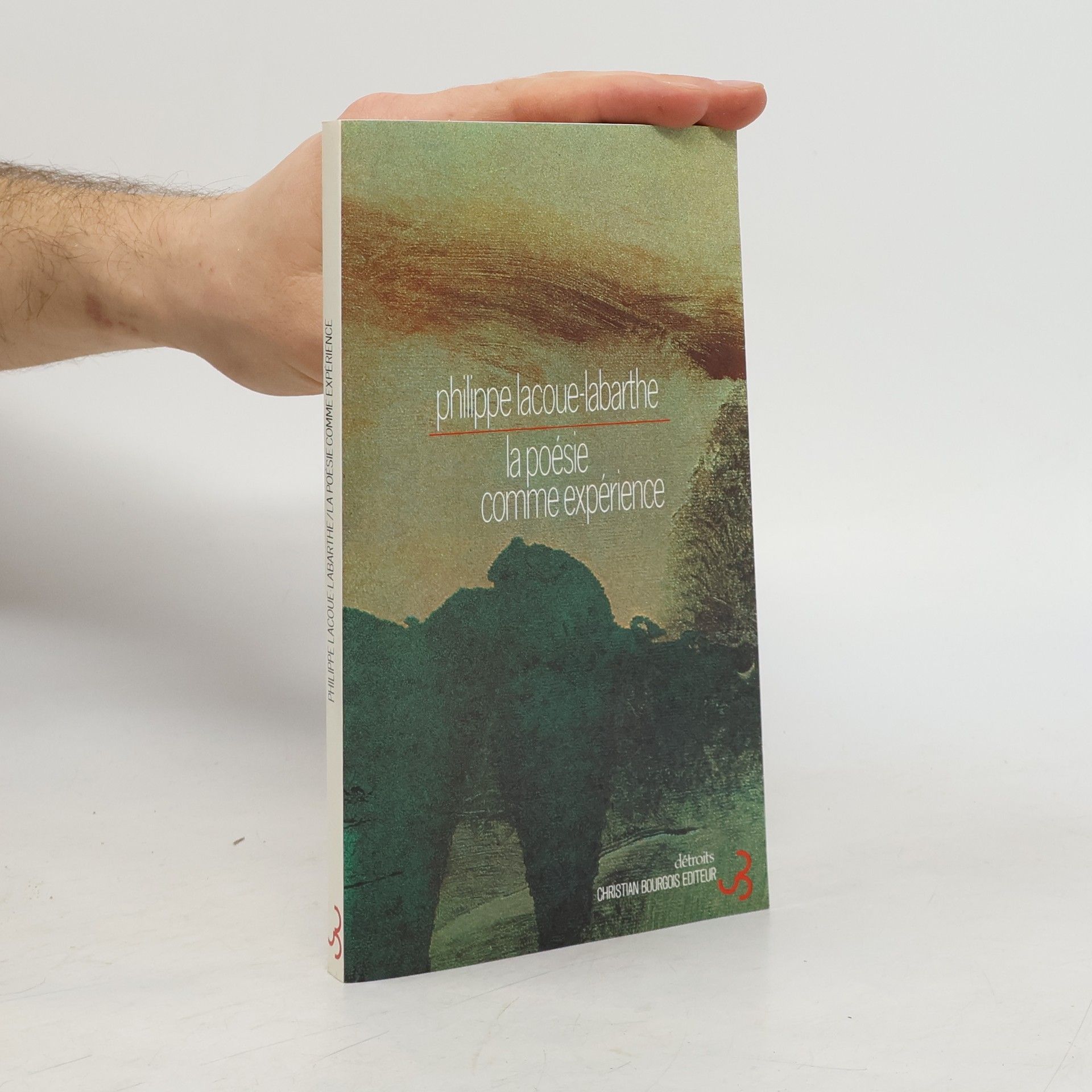La question d'Adorno " la poésie, après Auschwitz, est-elle encore possible ? " était également, bien que sur un autre mode, la question même de Paul Celan. Celle qui, aggravant la poésie, ne cessait de la rendre plus difficile. C'est parce qu'il portait en lui une telle question que Celan, en 1967, accepta de rencontrer Heidegger avec l'intention de lui demander - à lui, le penseur de la poésie mais aussi le penseur de cet âge du monde qui est le nôtre - de s'expliquer sur son attitude dans les premiers temps du national-socialisme et, surtout, de sortir du silence obstiné qu'il avait observé depuis la fin de la guerre sur Auschwitz : sur l'extermination, cet " événement sans réponse " comme dit Blanchot. Heidegger ne dit pas un mot. Fit comme s'il ne comprenait pas. Sur le fond de cet épisode, emblématique, ce livre essaie de s'interroger sur la tâche, aujourd'hui, et la destination de la poésie.
Philippe Lacoue-Labarthe Books
March 6, 1940 – January 1, 2007




Heidegger
- 174 pages
- 7 hours of reading
Der wahre Schein
- 102 pages
- 4 hours of reading
Martin Heidegger widmete sich 1955 in einem kurzen Text nicht direkt der Sixtinischen Madonna Raphaels, sondern zunächst der kunsthistorischen Frage, ob es sich bei dieser ursprünglich um ein Altarbild oder ein Fenstergemälde gehandelt habe. Für Heidegger eine Gelegenheit, das zwei Jahrzehnte zuvor in »Vom Ursprung des Kunstwerkes« Formulierte zu wiederholen: die These vom Bild als Ort des entbergenden Bergens, als Wahrheit, als »aletheia« – und für Lacoue-Labarthe eine Gelegenheit, diese Wiederholung Heideggers selbst zu thematisieren und zu fragen, was sich darin entbirgt. Sein Essay ist eine subtile Nachzeichnung des Ungedachten im Denken des Kunstwerks.
Nacistický mýtus
- 55 pages
- 2 hours of reading
Analýza nacizmu ako súčast všeobecnej dekonstrukce dejín.